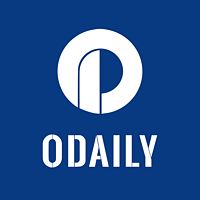DePIN: The Next Frontier in Cryptocurrency and Real-World Utility

The cryptocurrency landscape is witnessing the emergence of a new concept known as DePIN, or Decentralized Physical Infrastructure Networks. This term encompasses cryptocurrencies that provide real-world utility, particularly in the realm of physical devices. Unlike previous trends such as DeFi and NFTs, DePIN focuses on enabling users to monetize their physical infrastructure, such as 5G networks, WiFi, and Internet of Things (IoT) devices. By allowing users to share their resources, DePIN aims to create a decentralized ecosystem where individuals can earn rewards while contributing to a more connected world.
Several projects exemplify the DePIN model, including Filecoin and Storj, which allow users to earn cryptocurrency by storing data on their devices, positioning themselves as competitors to traditional cloud services like AWS. Other notable projects include Helium, which offers affordable cellphone plans while incentivizing users to provide network coverage, and Theta, a decentralized streaming service that promises faster content delivery than mainstream platforms. These initiatives not only highlight the potential of DePIN but also suggest a shift towards more user-centric models in the crypto space.
Despite the skepticism surrounding new crypto trends, DePIN appears to hold significant promise. It aligns with the growing demand for decentralized solutions in everyday life, as evidenced by projects like Chirp Wireless and Natix, which leverage community participation for traffic and driving reports. As the crypto industry continues to evolve, DePIN may represent a pivotal moment in the integration of blockchain technology with real-world applications, offering both economic incentives and enhanced user autonomy. With its potential to revolutionize infrastructure management, DePIN could indeed have lasting impact in the crypto ecosystem.
Related News





